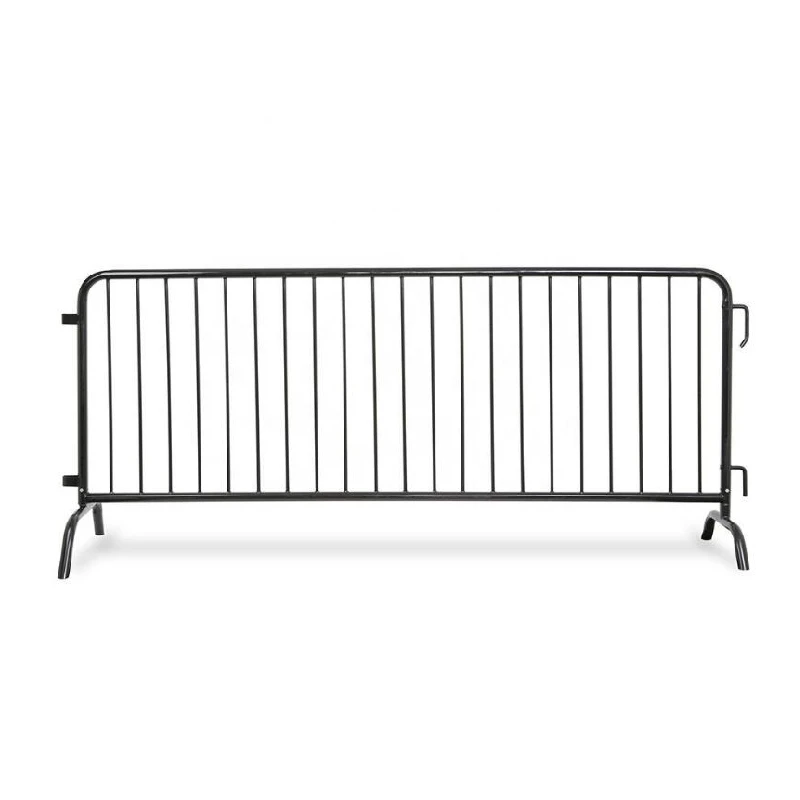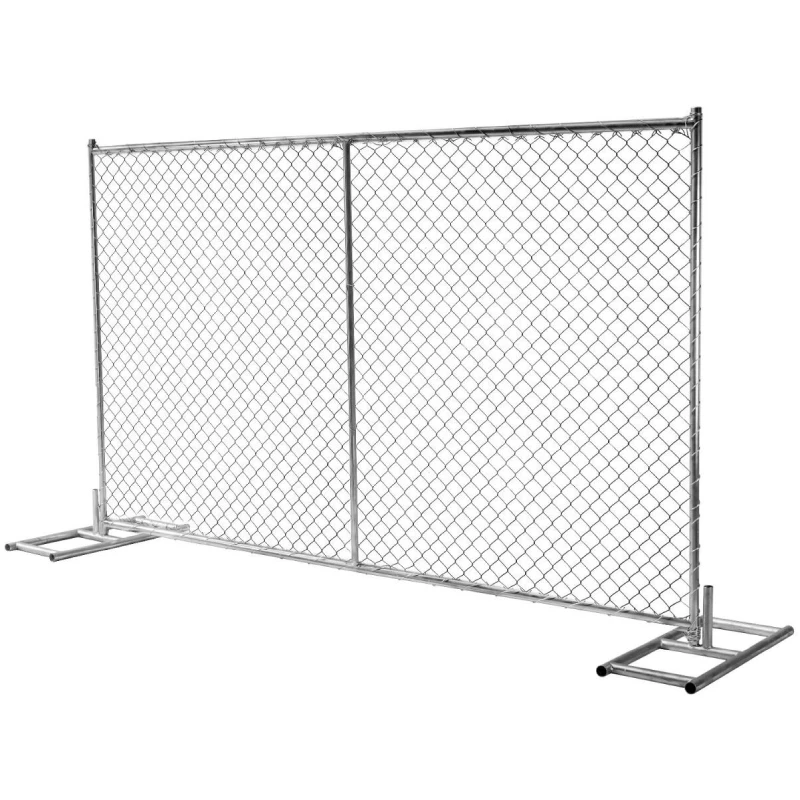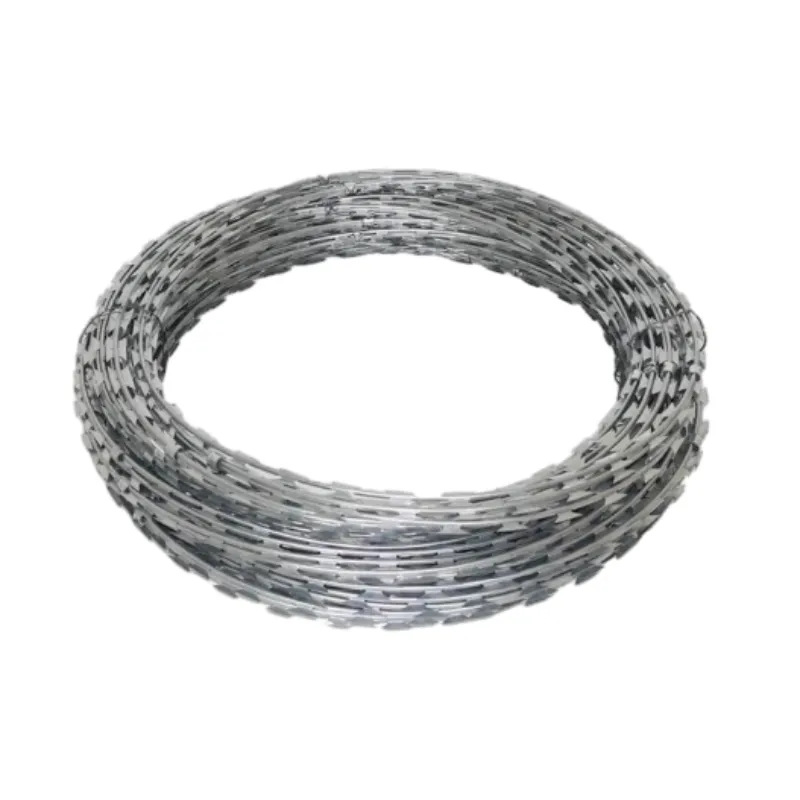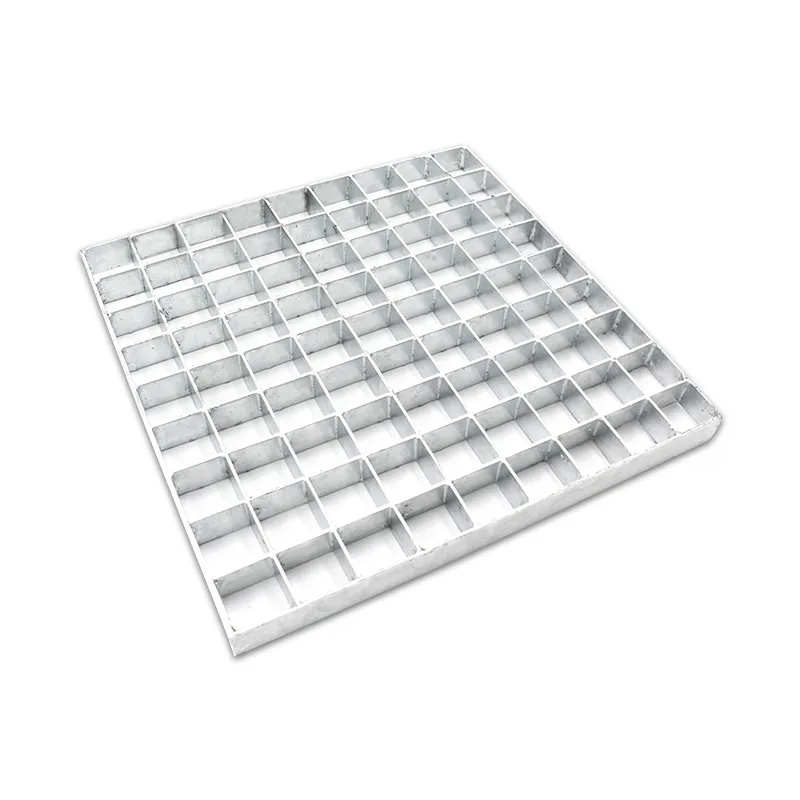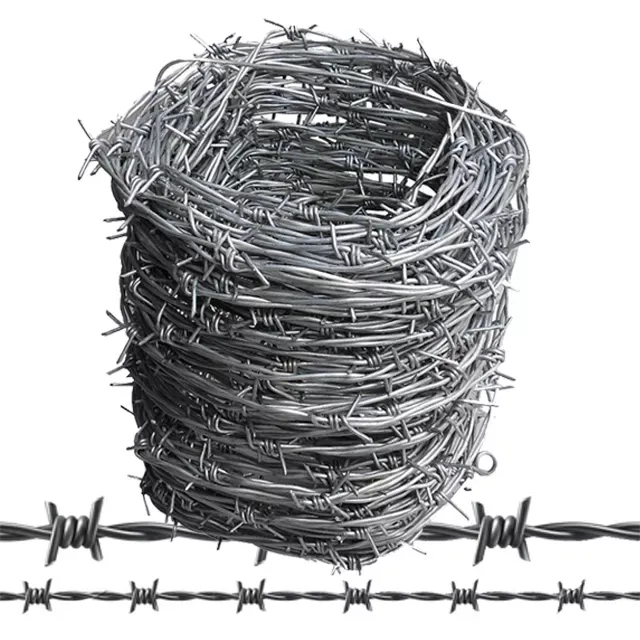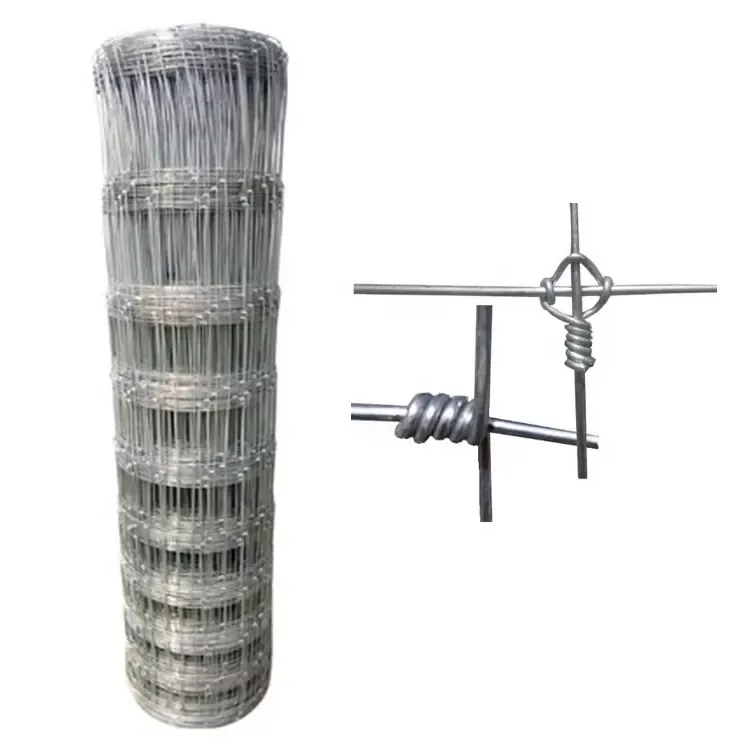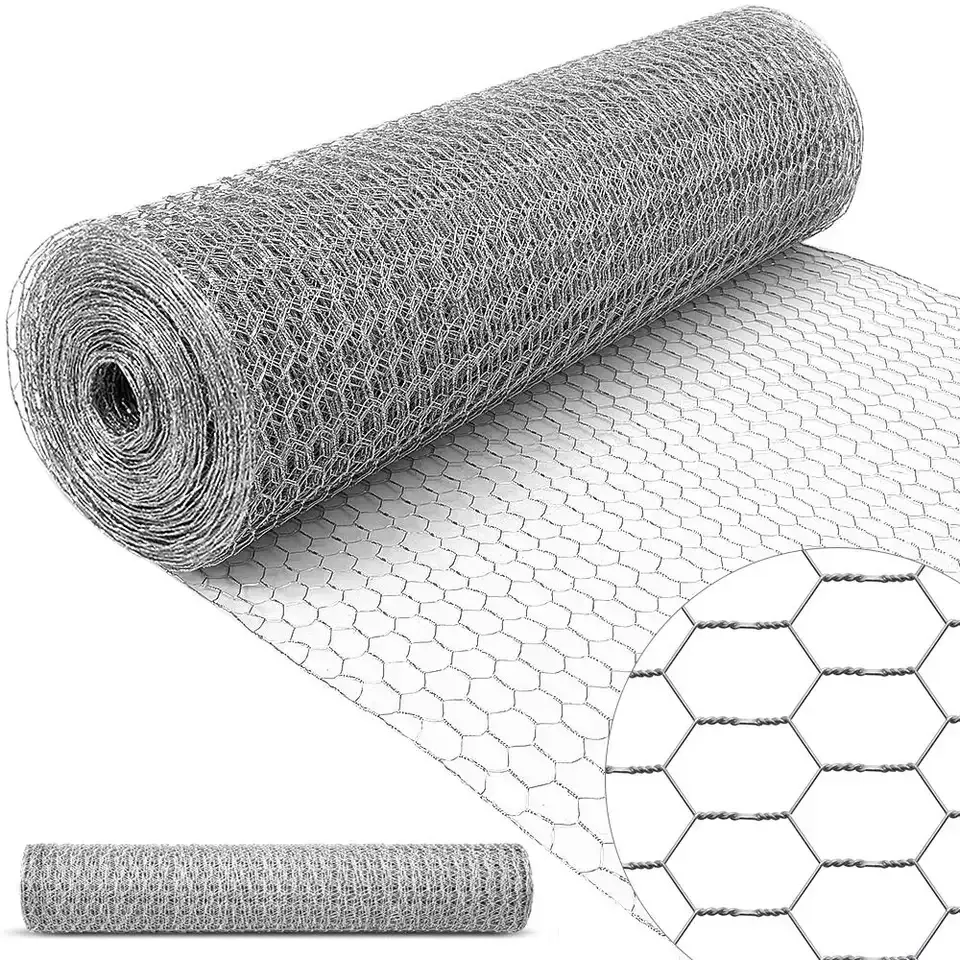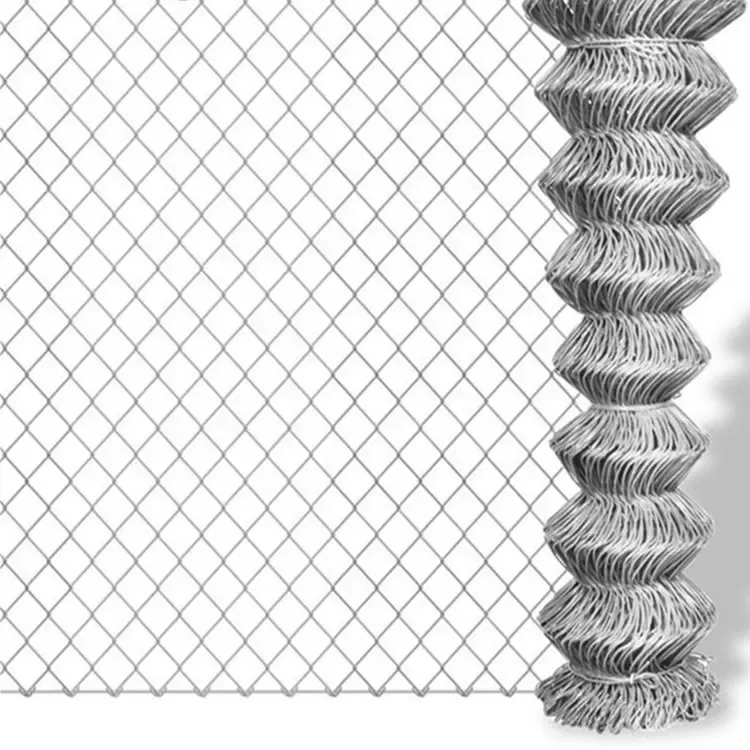
- Afrikaans
- Albanian
- Arabic
- Armenian
- Azerbaijani
- Basque
- Belarusian
- Bengali
- Bosnian
- Bulgarian
- Croatian
- Czech
- Danish
- Dutch
- English
- Esperanto
- Estonian
- Finnish
- French
- Galician
- Georgian
- German
- Greek
- hawaiian
- Hindi
- Hungarian
- Indonesian
- irish
- Italian
- Lao
- Latvian
- Lithuanian
- Luxembourgish
- Macedonian
- Maltese
- Myanmar
- Norwegian
- Polish
- Portuguese
- Romanian
- Russian
- Serbian
- Slovak
- Somali
- Spanish
- Swedish
- Thai
- Turkish
- Turkmen
- Vietnamese
Th11 . 19, 2024 13:50 Back to list
types of field fence
Types of Field Fences A Comprehensive Guide
Field fencing is an essential component for agricultural practices, livestock management, and property delineation. Different types of field fences serve varied purposes, and selecting the right kind depends on factors such as the type of animals being contained, the land's topography, and the specific needs of the operation. This article explores the various types of field fences, their features, benefits, and suitable applications.
1. Wire Fencing
Wire fences are among the most common types of field fencing, primarily due to their durability and cost-effectiveness. They come in various forms, including barbed wire, smooth wire, and woven wire.
- Barbed Wire Barbed wire is made from steel strands twisted together with barbs at regular intervals. It is an effective deterrent against large animals and helps to keep livestock within boundaries. However, it is not suitable for smaller animals like goats or sheep, as they can get injured.
- Smooth Wire This type utilizes a simple, unbarbed wire design. It is often used for horses, as it poses less risk of injury. Smooth wire is typically used in conjunction with wooden posts and can also serve as an interior fence for paddocks.
- Woven Wire Woven wire consists of vertical and horizontal wires woven together to create a grid-like structure. This type of fence is highly versatile and can contain various livestock, including cattle and sheep. It provides excellent visibility, which is beneficial for keeping an eye on animals and ensuring their safety.
2
. Electric FencingElectric fencing has gained popularity in recent years due to its effectiveness and flexibility. It can be used as a standalone fence or in combination with traditional fencing methods for enhanced security.
An electric fence works by delivering a mild shock to animals that touch the wire, teaching them to stay away. This type is particularly useful for containing more agile and intelligent animals like goats, who might otherwise escape conventional fences. Electric fencing can be set up temporarily for rotational grazing, allowing farmers to manage pastureland efficiently.
3. Wooden Fencing
types of field fence
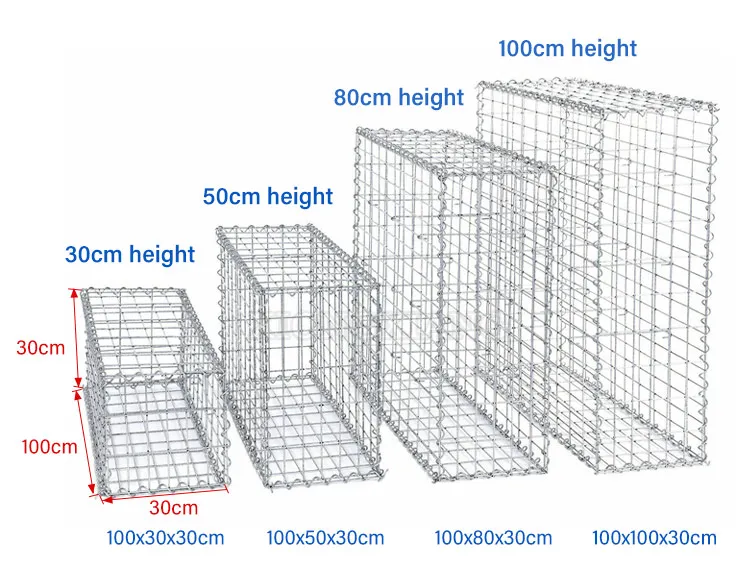
Wooden fences are not only attractive but also provide sturdy boundaries. They are often used in residential areas or for decorative purposes, but they can also serve agricultural functions.
- Post and Rail Fencing This design consists of horizontal rails secured between vertical posts. It is commonly seen in horse farms and provides ample visibility while keeping animals secure. Wooden fences may require regular maintenance to prevent rot and weather damage.
- Board Fencing This robust style consists of vertical wooden boards attached to posts. It offers a high level of security and is commonly used for containing livestock. However, it can be more expensive than other fencing options and requires skilled installation.
4. Vinyl Fencing
Vinyl fencing is a modern alternative to wooden fencing. It is made from high-density polyethylene and is designed to mimic the appearance of wood. Vinyl fences are highly durable, resistant to weather conditions, and require minimal maintenance.
Vinyl fencing can effectively contain livestock and is often used for horses. However, it can be more expensive than wooden or wire alternatives, which may deter some farmers from using it.
5. Stone or Brick Fencing
For those seeking maximum durability and security, stone or brick fencing is an excellent option. These walls can provide an imposing boundary that not only contains livestock but also deters intruders.
The primary downside of stone or brick fencing is its cost and the level of skill required for construction. However, once built, these structures can last for decades without significant maintenance.
Conclusion
Selecting the right type of field fence is crucial for effective livestock management and property protection. From wire and electric fences to wooden, vinyl, and stone options, each type of fence offers unique advantages and considerations. When choosing a field fence, factors such as the type of animals, maintenance requirements, and budget should be carefully evaluated. With the right choice, farmers and landowners can ensure the safety of their livestock and secure the boundaries of their property effectively.
-
Your Ultimate Solution for Australian Temporary Fencing
NewsMay.14,2025
-
The Ultimate Guide to Crowd Control Barriers: Secure Your Events with Ease
NewsMay.14,2025
-
Secure Your Livestock with High-Quality Livestock Fence Panels
NewsMay.14,2025
-
Enhance Your Livestock Management with Top-Quality Cattle Fences
NewsMay.14,2025
-
Enhance Security and Safety with Temporary Fencing Solutions
NewsMay.14,2025
-
Corral Gates
NewsMay.14,2025


